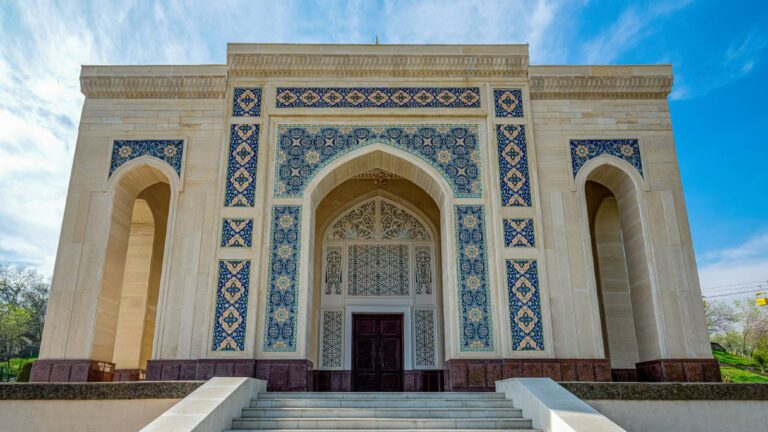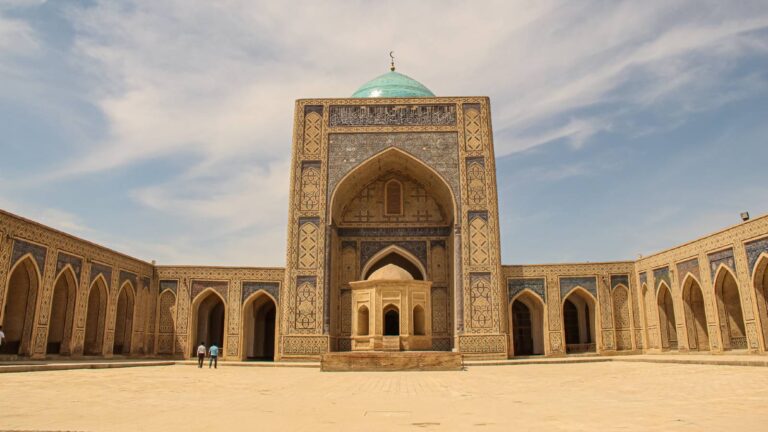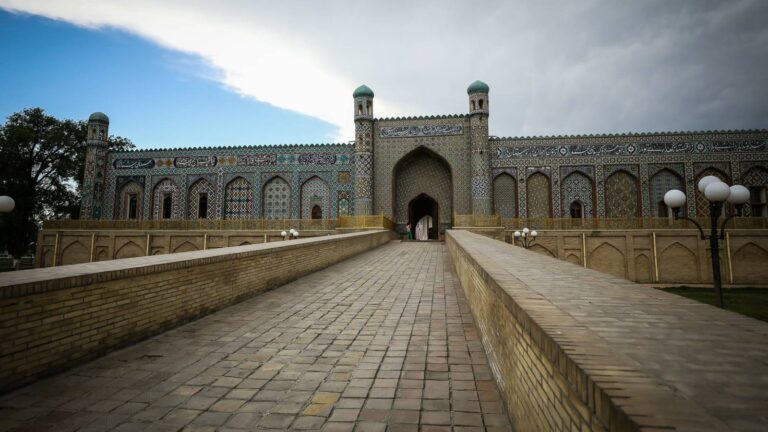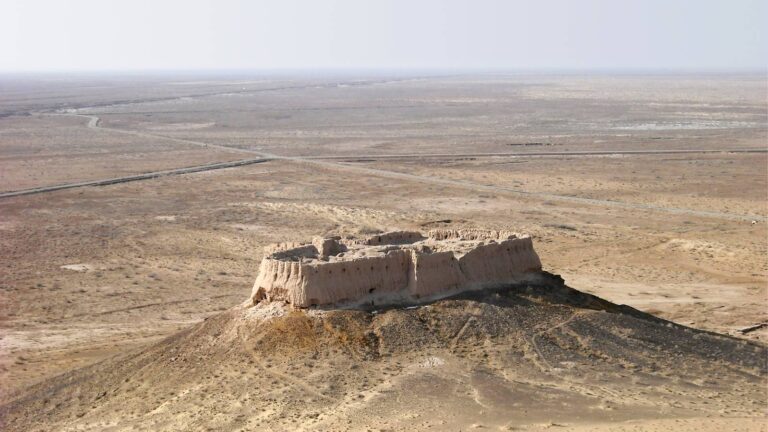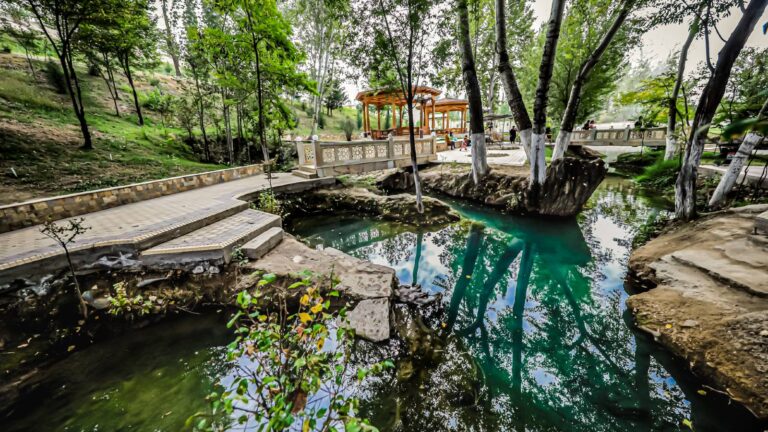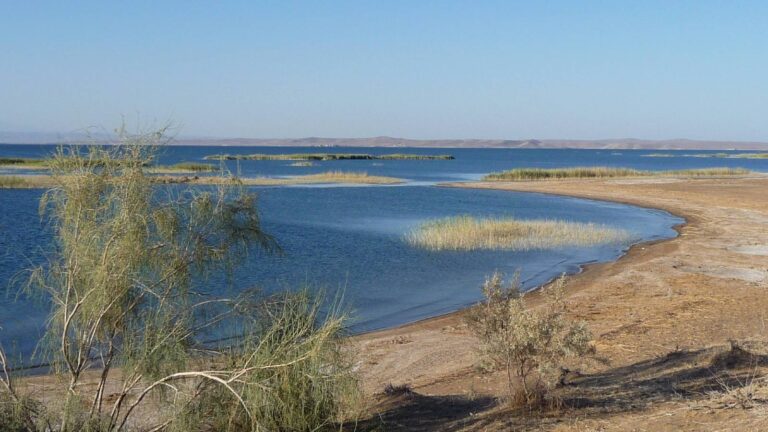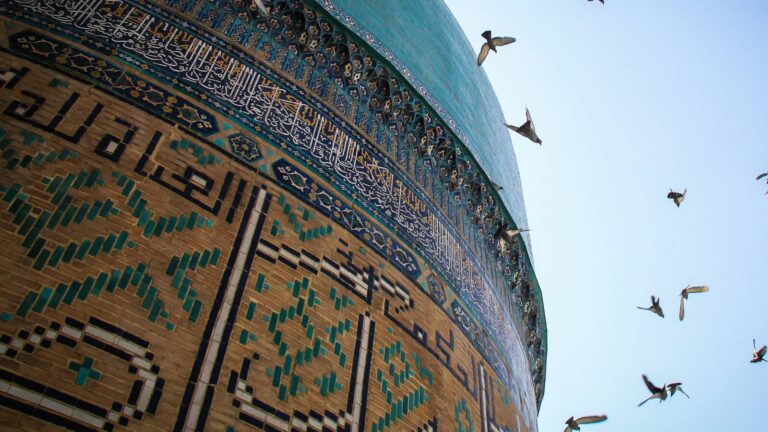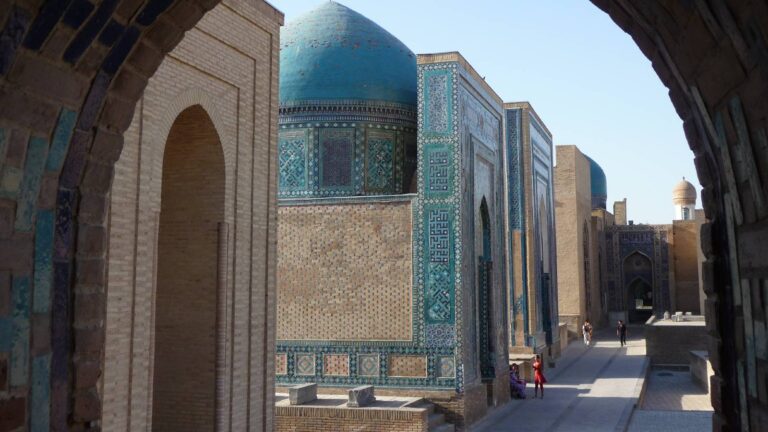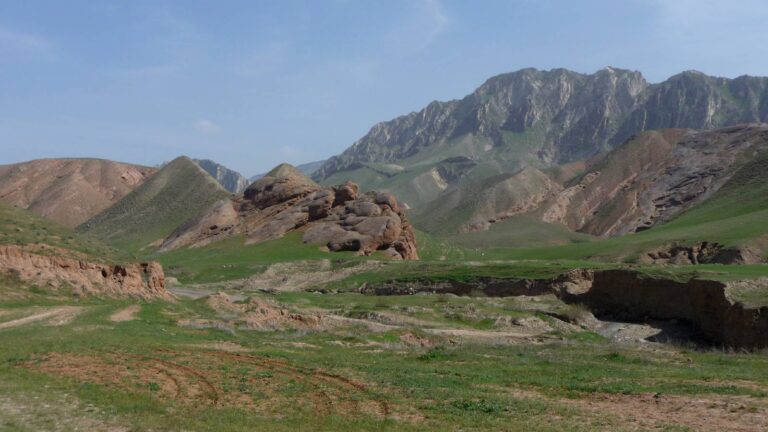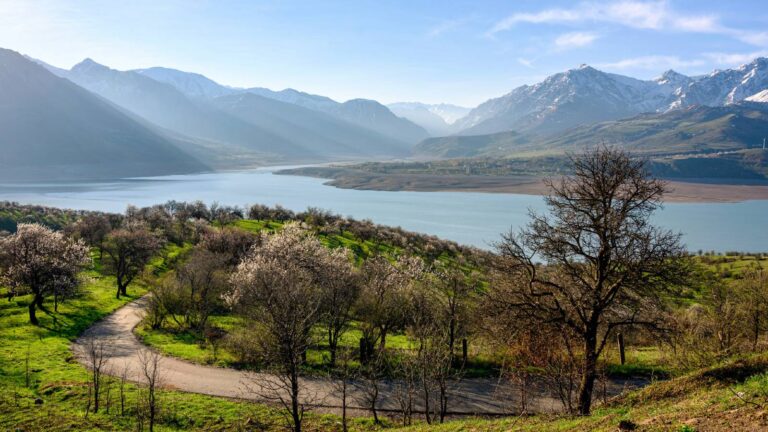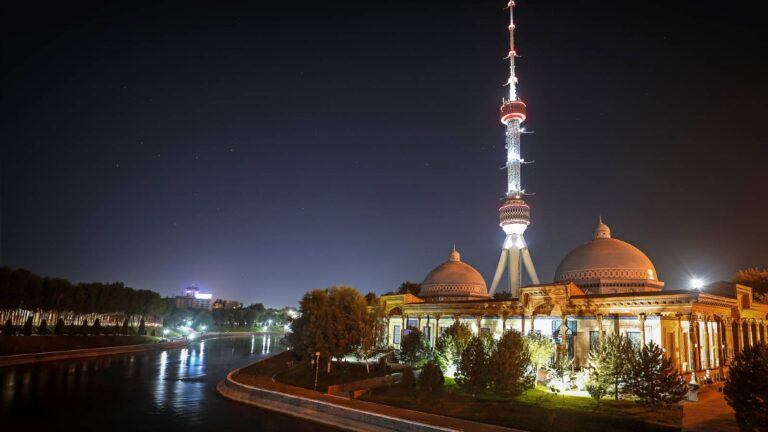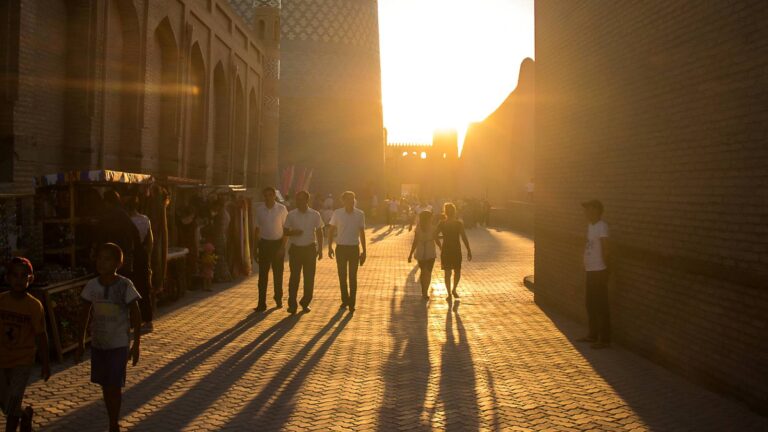Uzbekistan’s capital is 75 km away from its most extreme point in Syrdarya, and 120 km away from the regional center.
From the city of Tashkent can be reached by car and bus along the highway M-39 «Alma-Ata – Tashkent – Termez» and M-34 «Tashkent – Dushanbe».
Gulistan is also served by trains on the routes «Tashkent – Kungrad», «Tashkent – Termez», «Tashkent – Urgench» and «Tashkent – Bukhara».
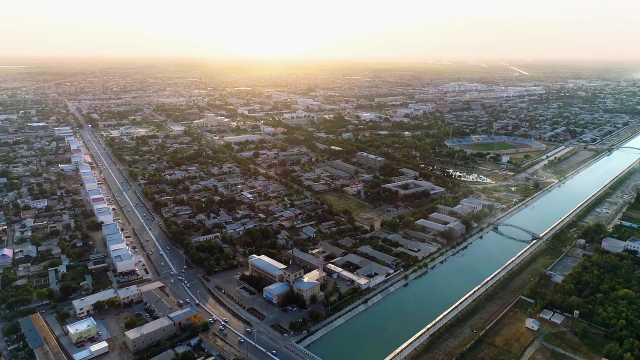
Syrdarya 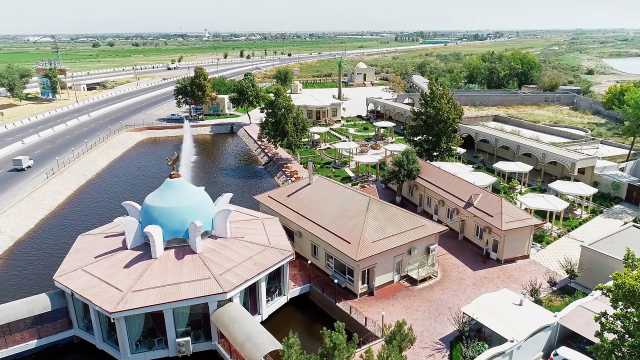
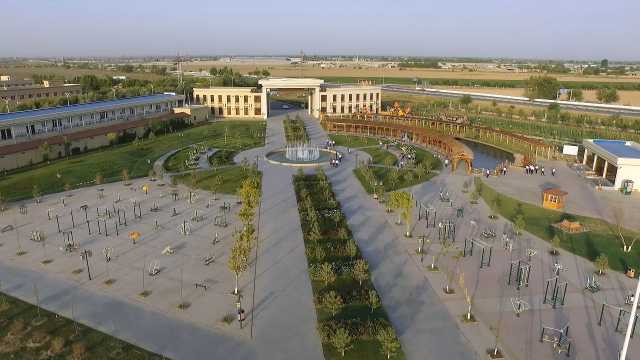
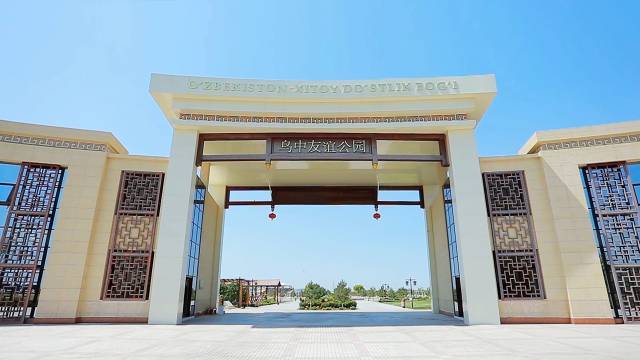
The main cities of the Syrdarya region are the city of Gulistan, Shirin and Yangiyer. During the years of independence, significant work has been done in the region on the construction, improvement of cities and villages.
Reconstruction of the main square Independence, Memorial Square, the buildings of the Central and Commercial Bank, exchange and business centers, the «Manaviyat va Marifat» center, the Camping complex, the modern railway station, the «Alpomish» Sports Palace, the Boxing Palace. The Central Stadium, swimming pool and other sports complexes have been built.
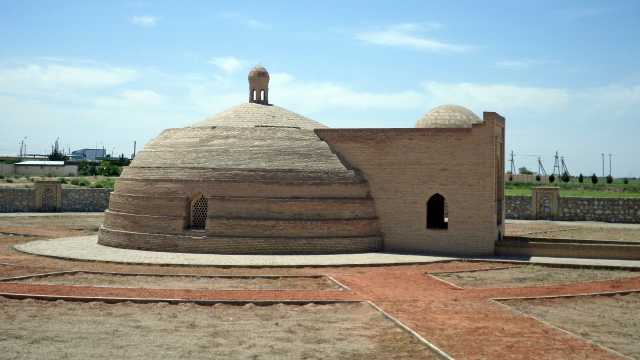
Malik Sardoba 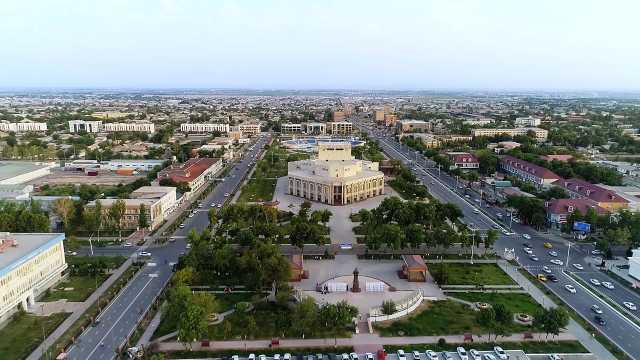
One of the monuments testifying to the history of the region is the Sardoba monument, located on the territory of the Sardoba region. Sardoba in Persian (sard – cold, ob – water) means «cold water». The cisterns were built on caravan routes and met the water needs of the caravans. Sardoba has a domed appearance. It is built with the highest quality bricks. And also in the Khavast region there is a pilgrimage site “Ancient Khavast”.
The territory of the Syrdarya region was part of various state associations: the Achaemenid empire, Kangyuy, the Ephthalite state, the Turkish Khanate, the Western Turkish Khanate, the Arab caliphate, the Samanid, Karakhanid, Khorezmshahs, Chagatai ulus, the empire of Amir Temur, and the Timurids, the Shaybanis and the Ashtarkhanids.
On February 16, 1963, the Syrdarya region was formed with the center in the city of Yangiyer. It included the city of Jizzak and the Jizzakh region of the Samarkand region, the Kirov and Pakhtaaral regions transferred from the Kazakh SSR, the cities of Yangier and Gulistan, the Syrdarya, Gulistan and Yangiyer regions of the Tashkent region.
Celebrations
In the Syrdarya region, mass sports and cultural and entertainment events are held, such as: National holiday «Navruz», International tournament in combat sports «Kurash», Festival «Youth Day», Festival of melons, Harvest festival, performance of the folklore ensemble «Saykhun guys», Festival of national dishes, sports competitions «Heroic Games».
The total area of the Syrdarya region is 5100 km². Syrdarya region is located in the central part of Uzbekistan on the left side of the Syrdarya river. The climate is typically continental and arid. Mirzachul occupies a significant part of the region. In the southeast of the region, dry winds blow for several days in summer and dust storms rage, damaging crops. The warm period is 247 days, the annual sum of positive temperatures is 5000-5900 ° C.
The region’s economy is based on agriculture, especially cotton and wheat. In addition to cotton and wheat, livestock feed, vegetables, melons, pumpkins, potatoes, corn, various fruits and grapes are grown in the region. Cattle rearing has developed very successfully in the region.
The industry is based on such industries as the production of building materials and irrigation equipment, processing of raw cotton. It is planned to improve the cotton-processing sector of the industry, double agricultural production, build factories for the production of alcohol and vodka, produce jam, tomato juice and ketchup. Part of the production will be exported.
Syrdarya is one of the largest power stations in Uzbekistan, producing a third of the country’s electricity. The primary goal for industrial development is export-oriented manufacturing. There are plans to develop and manufacture steel wire and hybrid products.

